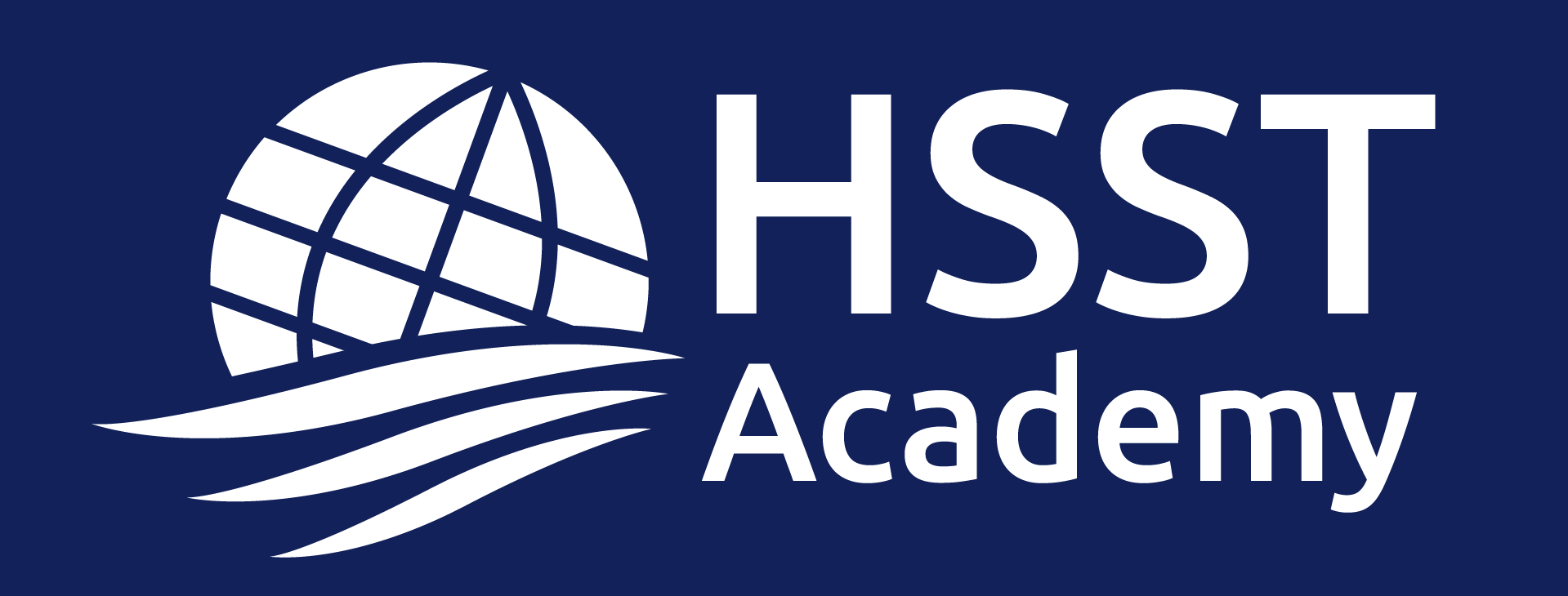Bachelor of Shipping, Trade and Transport (BSc)
Requirements | Contents | Modules
Bachelor of Shipping, Trade and Transport (BSc)
- part-time
- online or hybrid
- Duration: 13 months
Our degree programs were accredited for hybrid study as sychronous e-learning by London Metropolitan University on December 9, 2022.
Since January 2023, our students can also study synchronously online with us.
Procedure Hybrid Study
Thus, the study program in Hamburg can be completed within approximately 13 months. It takes place part-time in the evenings and on Saturdays.
For more specific information about registration and the study itself, please use the registration form. For specific questions, please contact Mr. Alexander Denker directly by email at Alexander.Denker@hst-akademie.de.
London Metropolitan University (London Met) and the Hamburg School of Shipping and Transportation Akademie (HST Akademie) have jointly designed a degree program that not only follows these wishes, but also recognizes completed vocational training as a major part of the degree.
The Bachelor of Shipping, Trade and Transport degree program is designed to last three years, with the first two years already completed through vocational training in the dual system.
Thus, the study program in Hamburg can be completed within approximately 13 months. It takes place part-time in the evenings and on Saturdays.
Upon successful completion of your studies, you will be entitled to a maximum of 180 credit points according to ECTS or ECTS equivalent, taking into account your achievements in the professional degree. Achieve 360 credit points according to UKCATS.
Credit points according to the European Credit Transfer System (ECTS) express the total study effort. Each individual seminar is completed as a module and assessed with ECTS.
Following this top-up study program at the HST Academy, our graduates are offered further attractive study opportunities, for example, the acquisition of a postgraduate diploma at Solent University. You can find more information here:
Postgraduate Diploma in International Trade and Maritime Law (solent.ac.uk)
The guiding principle of the program is to combine academic skills with professional expertise and experience, which is provided by the academic underpinnings of LMU’s bachelor’s degree program and the tourism business curriculum. LMU has a long tradition in academic education for logistics and travel & tourism. HST is an established provider of vocational training in the tourism sector
The lecturers for the course are made up of experts from the transport industry, colleges and universities. The seminar language is English.
The program is aimed at young professionals with a desire to earn an academic degree while working and those who would like to subsequently earn a postgraduate diploma, for example.
Modules of the study program Shipping, Trade & Transport (BSc)
The 9 module titles of the program are listed below and the module contents are briefly described. Except for the first module Workplace Report, 7.5 ECTS or 15 UKCATS can be earned in each module for graduation.
In order to successfully pass the modules, various achievements must be made, including written and oral presentations, term papers, and exam exams.
Work experience is an important part of any business degree. On the evening degree this experience
is obtained concurrently with the part-time studies for the modules at Intermediate Level. The work
experience will be obtained through the Dual Apprenticeship experiences of the student. The project
will link academic work with the workplace so as to develop and exploit knowledge and skills in the
students’ organization and the wider business environment.
Producing a final level dissertation/research project is one of the most important, and difficult,
accomplishments of a graduate. It therefore needs systematic preparation and reflection for the
graduate to obtain full value from the process. This unit provides this opportunity and allows the
student to incorporate their experience of a work placement in the preparation of their project.
To gain insight on what it means to manage strategically and to acquire the skill to devise, evaluate,
implement, and plan business strategy in the shipping, trade & transport industry.
This module aims to explore current concepts, theories, and strategies in international marketing; at
the same time the unit offers the possibility to explore marketing practices in various global service
industries.
This module looks at different perspectives on importing from abroad and aims to assess the
characteristics of international purchasing, evaluate the economic, commercial and political factors
influencing this process and critically review the associated procedures, risks and opportunities.
This module looks at the supply chain with an emphasis on the impact of logistics on it. The module
aims to develop an understanding of the formulation, implementation and evaluation of the strategic
supply chain. Students will develop an appreciation of logistics within the global context and of the
environmental impacts and debates around modern supply chain management.
This module provides a focused, comprehensive, and relevant coverage of contemporary multinational
businesses. The module will examine the effects of the internationalisation of the firm and its impact
on the global economy. It will help students understand different ways of analyzing multinational firms
and their impact. It will explore the operation of multinational business in different regions of the
world and will examine their prospects.
This module looks at the legal framework of trade and the role of key international institutions such as
the World Trade Organization. The World Trade Organization forms a central feature of
intergovernmental relationships and has raised several issues in terms of its impact on trade as well as
legal, social, political, and economic issues. This module looks at aspects of the regulation of trade at
international level. It explores the influence of international institutions and the effect that they have
on the role of governments. Emphasis will be placed on contemporary issues in trade regulation as
well as the resolution of disputes.
This module offers students the opportunity to investigate and scientifically address a current topic in the field of shipping, trade and transportation. It represents a kind of final project in which students apply the skills and knowledge acquired in the previous modules. In a short presentation, the chosen topic is introduced to the plenary and the students explain the reasons for the choice of topic, methodology of the investigation, literature and information research and other aspects of their project. The module concludes with a comprehensive term paper on the chosen topic.
The thesis can and should, if possible, be done in cooperation with a company (probably the company where the students are employed). This approach is in the interest of both parties, the students as well as the companies. The student has a practical field of investigation and strengthens the bond with the company, which can advantageously implement the newly gained knowledge in the business process.
Abitur or advanced technical college entrance qualification and
a completed vocational training
- Travel agent
- Forwarding merchant
- Event of Hotel Management Assistant
or other comparable training


